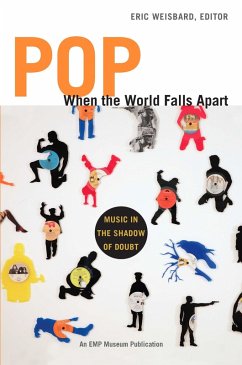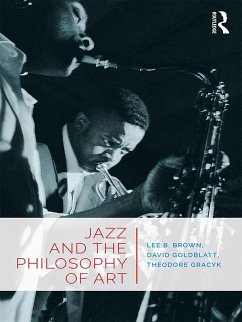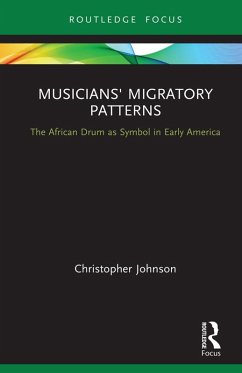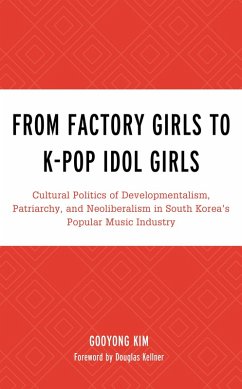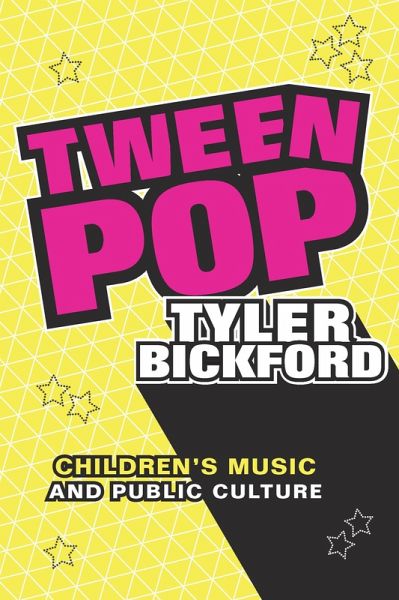
Tween Pop (eBook, PDF)
Children's Music and Public Culture
Versandkostenfrei!
Sofort per Download lieferbar
137,95 €
inkl. MwSt.
Weitere Ausgaben:

PAYBACK Punkte
69 °P sammeln!
In the early years of the twenty-first century, the US music industry created a new market for tweens, selling music that was cooler than Barney, but that still felt safe for children. In Tween Pop Tyler Bickford traces the dramatic rise of the "e;tween"e; music industry, showing how it marshaled childishness as a key element in legitimizing children's participation in public culture. The industry played on long-standing gendered and racialized constructions of childhood as feminine and white-both central markers of innocence and childishness. In addition to Kidz Bop, High School Music...
In the early years of the twenty-first century, the US music industry created a new market for tweens, selling music that was cooler than Barney, but that still felt safe for children. In Tween Pop Tyler Bickford traces the dramatic rise of the "e;tween"e; music industry, showing how it marshaled childishness as a key element in legitimizing children's participation in public culture. The industry played on long-standing gendered and racialized constructions of childhood as feminine and white-both central markers of innocence and childishness. In addition to Kidz Bop, High School Musical, and the Disney Channel's music programs, Bickford examines Taylor Swift in relation to girlhood and whiteness, Justin Bieber's childish immaturity, and Miley Cyrus/Hannah Montana and postfeminist discourses of work-life balance. In outlining how tween pop imagined and positioned childhood as both intimate and public as well as a cultural identity to be marketed to, Bickford demonstrates the importance of children's music to core questions of identity politics, consumer culture, and the public sphere.
Dieser Download kann aus rechtlichen Gründen nur mit Rechnungsadresse in A, B, BG, CY, CZ, D, DK, EW, E, FIN, F, GR, HR, H, IRL, I, LT, L, LR, M, NL, PL, P, R, S, SLO, SK ausgeliefert werden.





